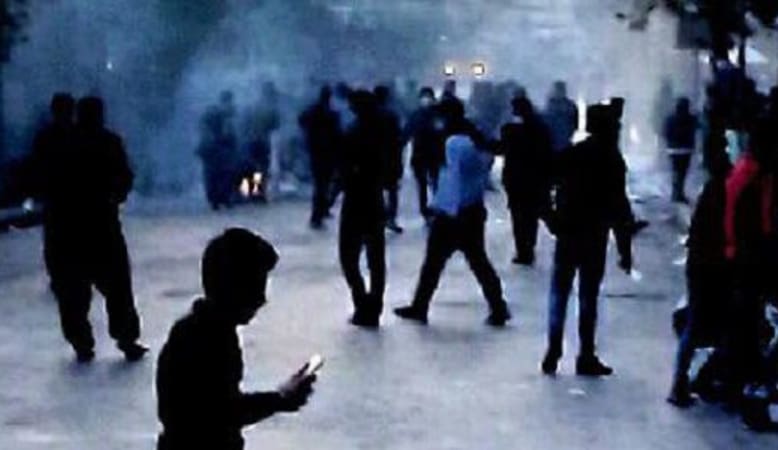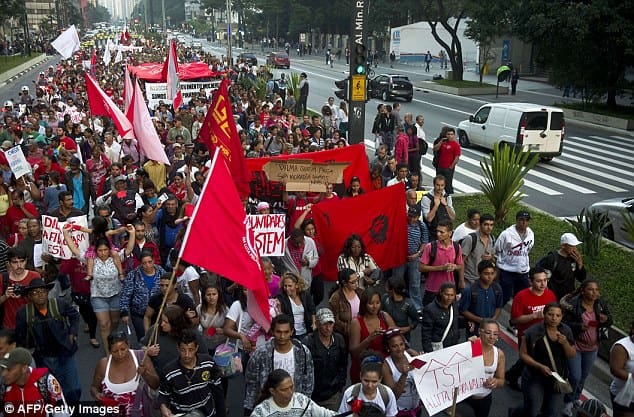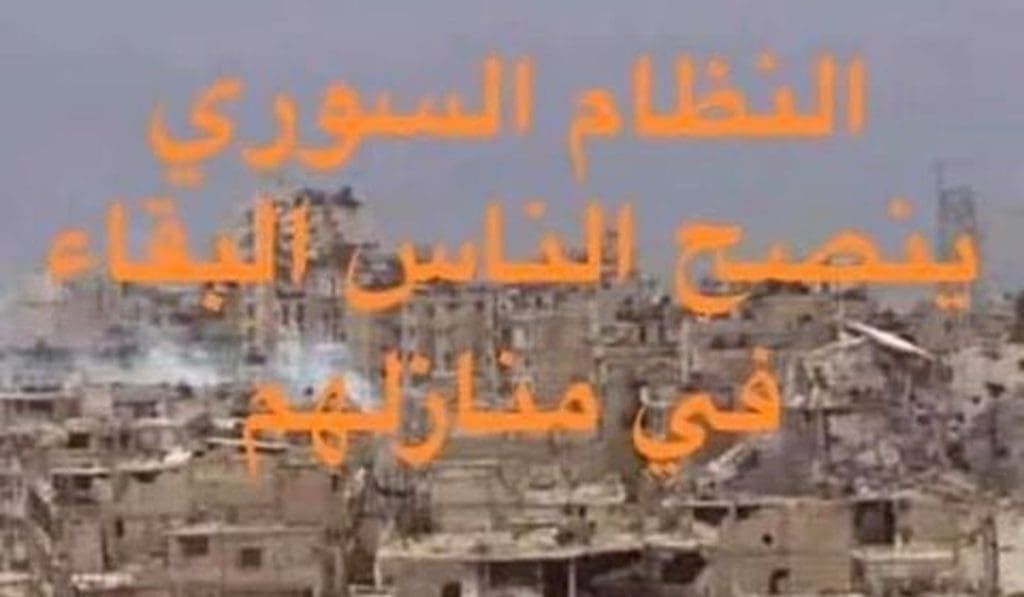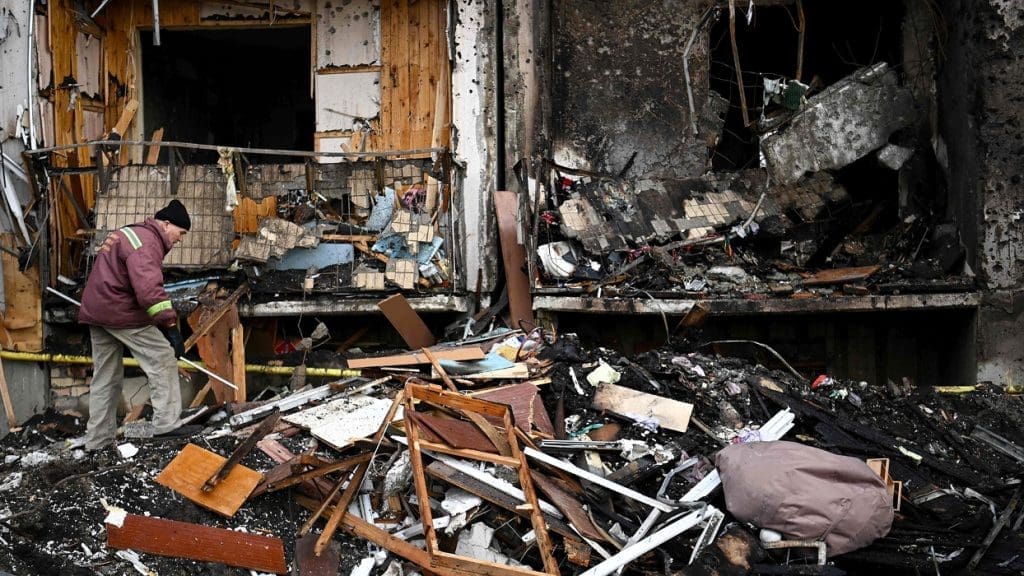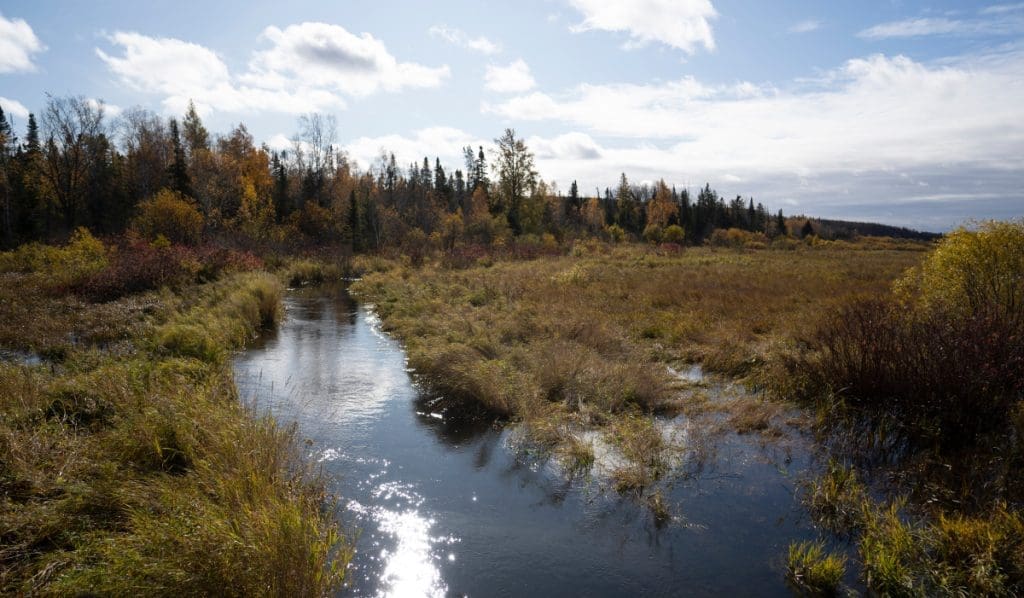AntiNote: With the eruption of revolt across Iran in recent days, it is very likely that news of similar unrest in Iraqi Kurdistan—which has been very effectively suppressed for nearly two weeks—will be overlooked. Solidarity with all people fighting back against oppression, humiliation, corruption, and domination in all its forms.
“We are taking back our dignity!”
by Lire Raouf for Alsharq
29 December 2017 (original post)
Unpaid wages, unreliable electricity, and growing dissatisfaction with the Kurdish Regional Government (KRG) sparked protests in Iraqi Kurdistan this month in which many dozens were injured and several killed. What do Kurds there and elsewhere think of the demonstrations?
It is difficult for an outsider to construct an overview of current events in Iraqi Kurdistan. Since the Kurdish media landscape isn’t exactly free of propaganda, the best thing to do in order to get a clearer picture of the situation on the ground is pick up the phone. Heated discussions also take place on social media, of course. Reactions to this month’s protests seem to vary (to put it mildly). Many Kurds in the diaspora have been showing solidarity, but at the same time they are worried. Those in Kurdistan display militancy, but cannot mask the fear in their voices. The strategy of the demonstrators as well as the reaction of the authorities has everyone at a bit of a loss.
Clashes Leave Dead and Injured
On 19 December 2017, protests against the KRG erupted in the provincial capital of Suleimaniya as well as in the surrounding towns of Ranya, Halabja, Chamchamal, Qaladiza, and Kaysinjaq. Clashes were reported in several cities; some protests escalated more than others. In Ranya, a town north of Suleimaniya, the party offices of the Patriotic Union of Kurdistan (PUK), the Kurdistan Democratic Party (KDP), and the Kurdistan Islamic Union were all set on fire, and city hall was occupied. The regional government’s reaction was harsh, even for them. In clashes with security forces across the region, five people were killed and more than seventy injured. The security forces then stepped up their presence in the restless cities.
“Where will all this lead?” Snur asked on Facebook when the protests started. “Every week there is something. First a referendum meant to divide us, then an earthquake, now protests…how much more can we take? May god help us.” Kawa promptly answered in a comment, “Enough is enough! We are taking our dignity back. All power to the people!” These were some of the slogans shouted throughout Suleimaniya province and parts of Erbil province as the protests swept across the region.
Still, two days later there were water cannons, armored vehicles, and heavily armed police standing at important intersections in Suleimaniya city. Many shops remained closed. The police arrested several demonstrators as well as people “connected” to the protests. The television station NRT [Nalia Radio and Television], which is not associated with any political party and is viewed as neutral and quite beloved, abruptly stopped broadcasting. Shaswar Wahid, the founder of NRT and one of the leading figures of the “No” campaign during the independence referendum, was arrested.
“We were sitting in front of the TV, and suddenly it went black,” recalls Hama, 19, who lives with his family in Rotterdam. “At first we thought we had just lost reception, but then we heard on social media that the broadcast got shut down.” Hama’s older brother Omar elaborates: “It’s really sad, the signals the Kurdish government is sending. I’ve always toyed with the idea of going back and building something. All these dreams have been dashed in the last few days.”
No Money, No Electricity, No Water
“We supported them in this referendum; we wanted our own country,” writes Nariman, 26. “And what do we get? Tanks, prison sentences, and corrupt politicians, while we starve. How long should I put up with this? What have I done wrong?” Nariman is a teacher who has spent the last year organizing strikes with her colleagues. For the last two years, public employees have only been getting paychecks every four months. Revenue in Iraqi Kurdistan has been at a record low; the government doesn’t have the money to pay its workers. Unpaid wages and the resulting dismal economic situation, as well as a spotty power supply, provoked the protests.
And as wages have fallen over the last two years, the prices of fuel, housing, and healthcare have all gone up. There are only four hours of electricity per day; depending on the season, there might only be water from the taps every three days (though this varies regionally; in Erbil province, power and water are slightly more reliable). Add to that the pent-up anger and dissatisfaction with the KRG—it is seen as corrupt, and the demonstrators were therefore calling for its resignation.
“We have to do something, or else we will lose all respect for ourselves,” says Rahel, a 34-year-old engineer, to explain why he supports the protests.
What Will Tomorrow Bring?
The authoritarian reaction of the government has driven many to fear, and great disappointment. The police violence in Ranya is singled out for especially sharp criticism. “They killed our people in Ranya,” rages Dilnya, 58. “Have they no shame?” The town holds an important place in recent Kurdish history: it is where the March 5 uprising of the Peshmerga against Saddam Hussein’s Baath regime began in 1991. “Today you kill five. And tomorrow?” asks Hewri, a student. As much as the protests have revived a fighting spirit, the violent brutality of the security forces has also intimidated many Kurds.
And the protests also have their critics: “I don’t get it. Is this how we won in the past? By throwing stones around and breaking things?” asks Sangar, 67. “Is this supposed to be our legacy?” The protests appear disorganized and ineffective; the escalations seem questionable to many. But in the last few days, calm seems to have returned. It remains to be seen how things will develop—the situation is tense and, as always, somewhat murky.
Translated by Antidote
Featured image source: [Private] via Alsharq
If you liked this article, please consider contributing to Alsharq‘s association. Like Antidote Zine, they are an all-volunteer operation.

